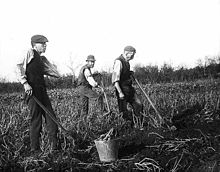The History of Churching of Women
24 January 2020By Fiona Fitzsimons Perhaps you’re familiar with a few of the common documents used for ancestry research, like marriage, baptism, burial, and electoral registers. But sometimes, hidden at the end of a register, you may find an unexpected piece of social history. One example of a source that may provide...
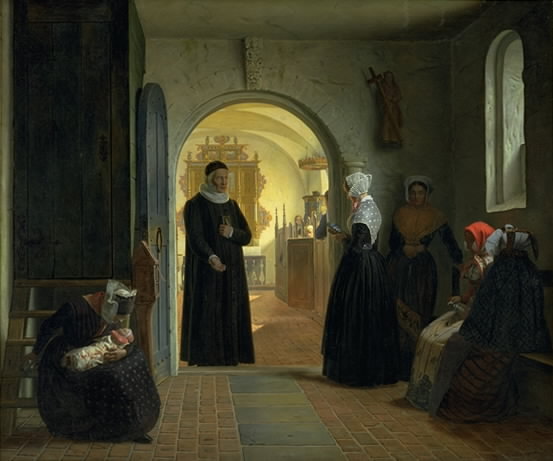
Top 10 Research Tips of 2019
13 December 2019As we’re winding up the year, we thought it would be a good idea to have a look back over our top 10 tips from this year. Happy Researching… 10 – The 1939 Register 9 – Researching with House Books 8 – Baptismal Records 7 – Tracing landless...
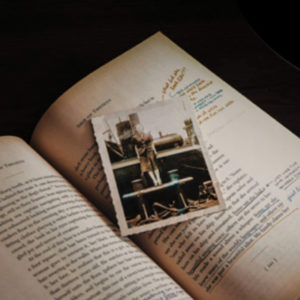
Baptismal Records
22 November 2019More often than not, the sponsors or godparents that appear in Catholic baptismal registers are relatives of the parents of the baptised child. Knowing that the sponsor is a relation can add to our knowledge of the family tree – giving us useful potential additions. Sometimes, however, the sponsors are not related; but...
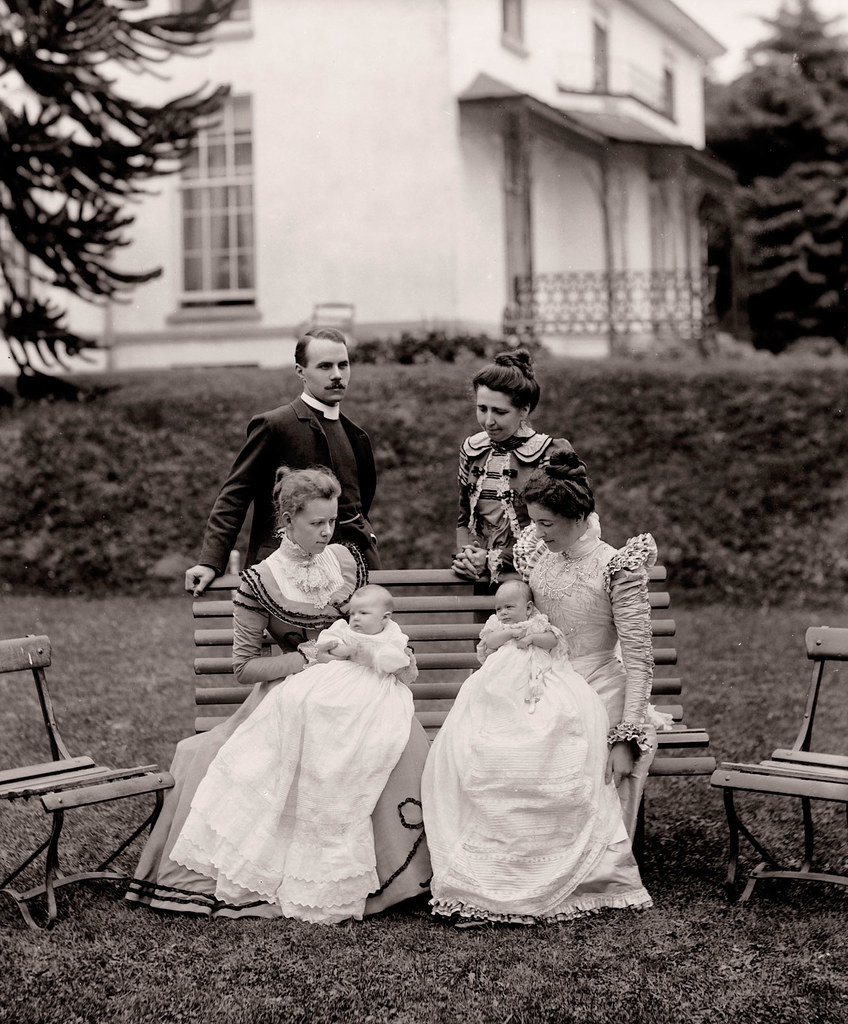
Tips for searching transcribed records
04 October 2019The digitisation and transcription of records has undoubtedly made family history research easier and accessible to more people than ever before. However, the transcription of digitised records remains an imperfect system, with the many millions of errors in transcribed records still presenting genealogists, be they amateur or professional, with challenges when...
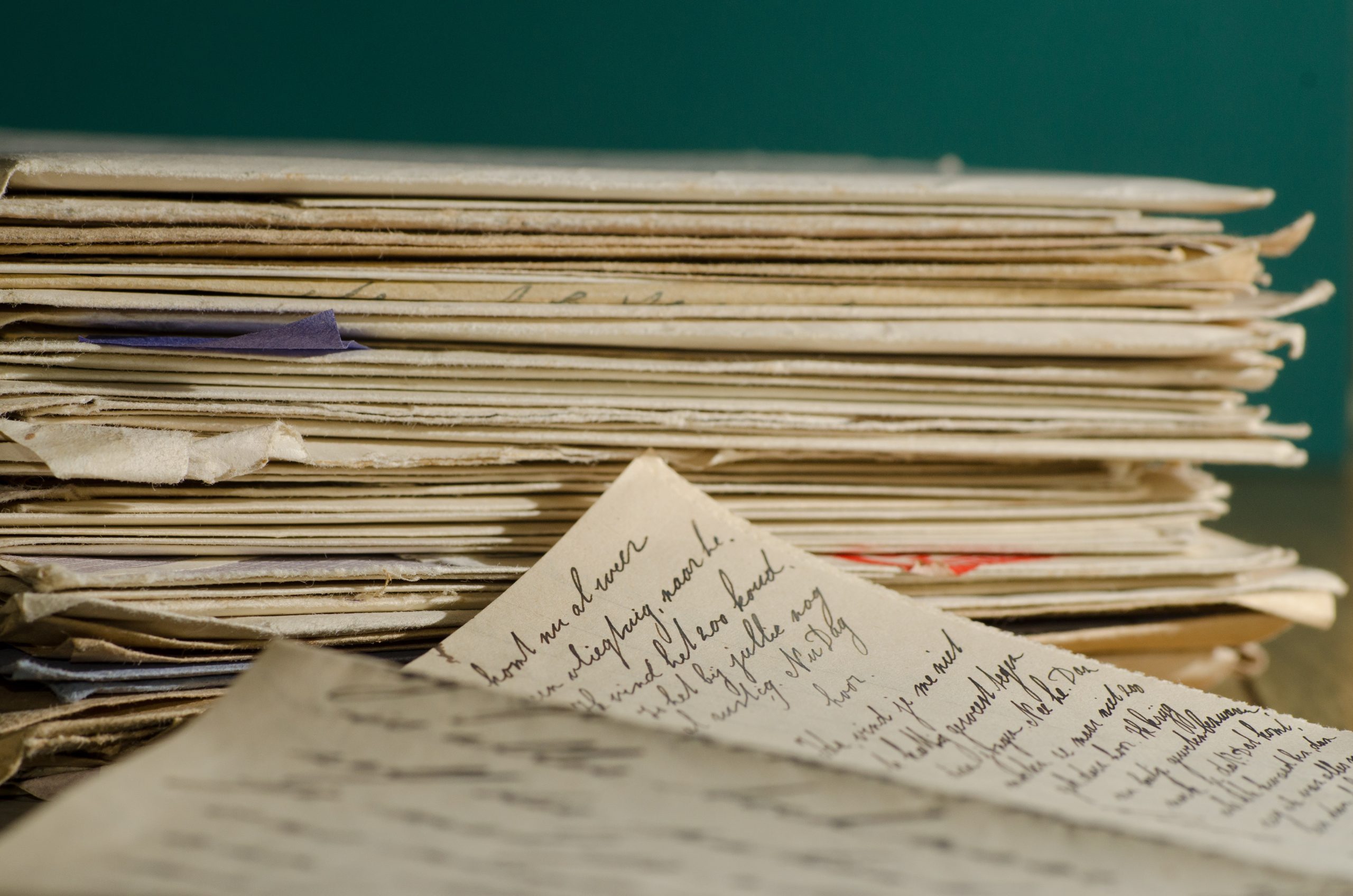
A Familiar Tune: How music might help you discover your ancestors
29 August 2019We have a rich musical heritage in Ireland; music and song travelled easily with the Irish diaspora and were surely a source of solace and a mainstay of any social event. Recently, we have undertaken research on an 18th century musical instrument maker, and I have come across a number of...
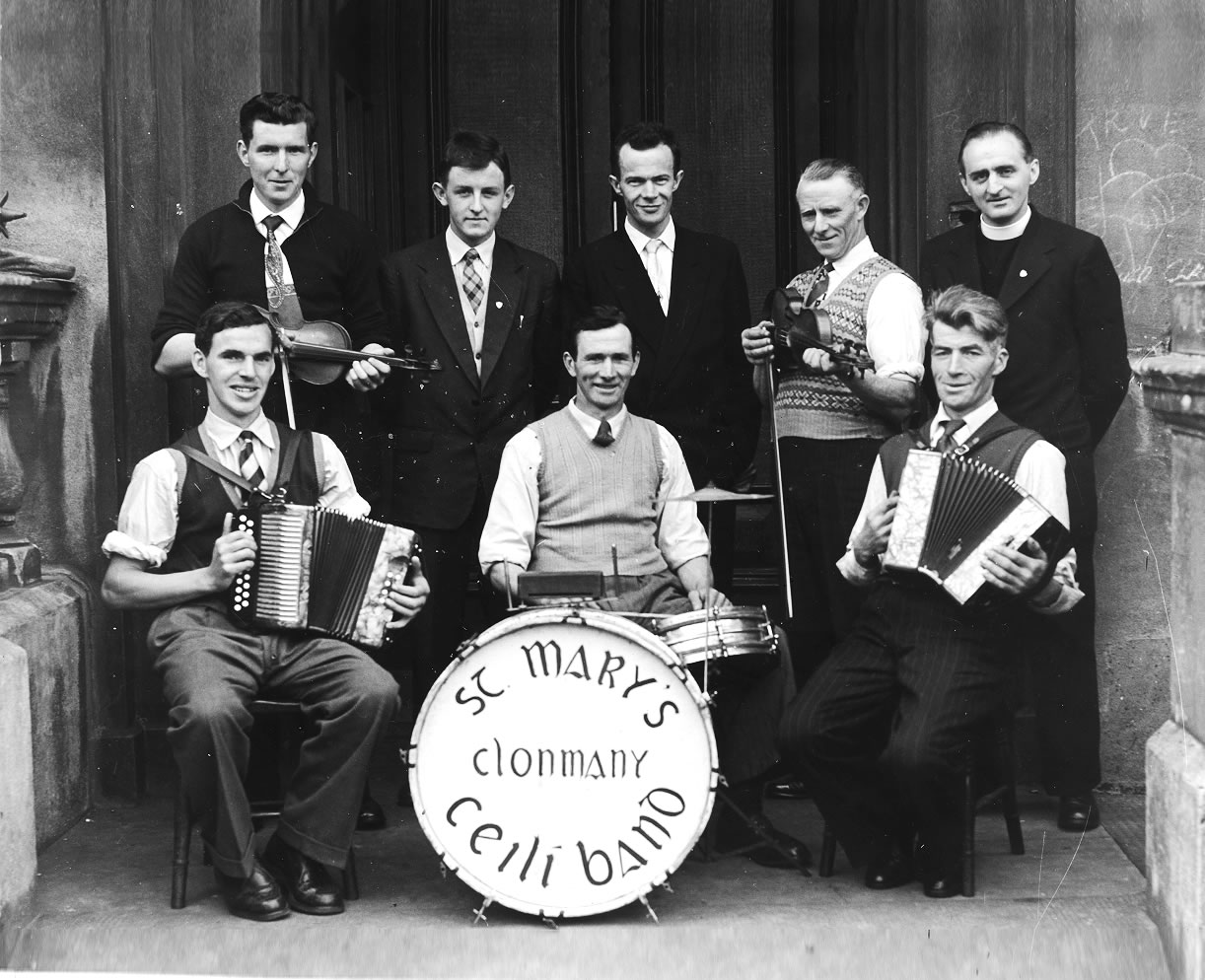
Which one is your ancestor?
26 July 2019One of the challenges facing family historians is the plethora of same names in the same geographical area. This poses a particular problem in Irish genealogy. Most Irish families followed a particular pattern of naming their first sons after the paternal grandfather. So, if you have four brothers naming each of their sons John...

Alternative Sources for Research
12 July 2019Gerard Leen, Kimberly Brown, Leslikae Thomas and Patrick Roycroft at the Irish Family History Centre. This Summer, the Irish Family History Centre was joined by two intern Genealogists from America. We asked them to jot down what they learned from their time here. This is what they said: Kimberly Brown National Library...
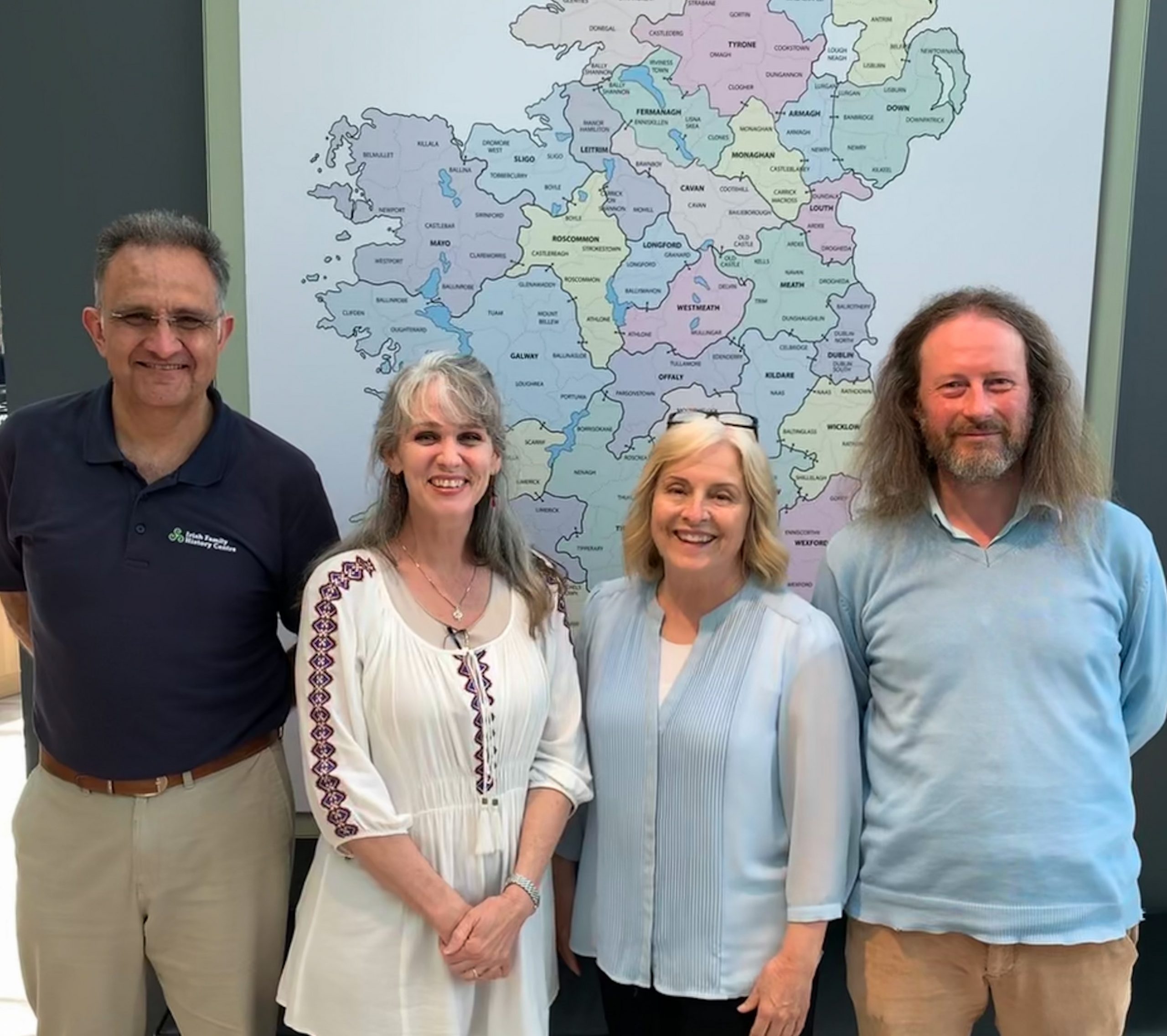
Tracing landless labourers by Fiona Fitzsimons
13 June 2019Tracing agricultural labourers provides a challenge to us as family historians. The number of agricultural labourers reached a peak in the generations before the Famine. Is it ever possible to trace this social group when we have no census or civil records, and incomplete church registers? Yes, I believe we...
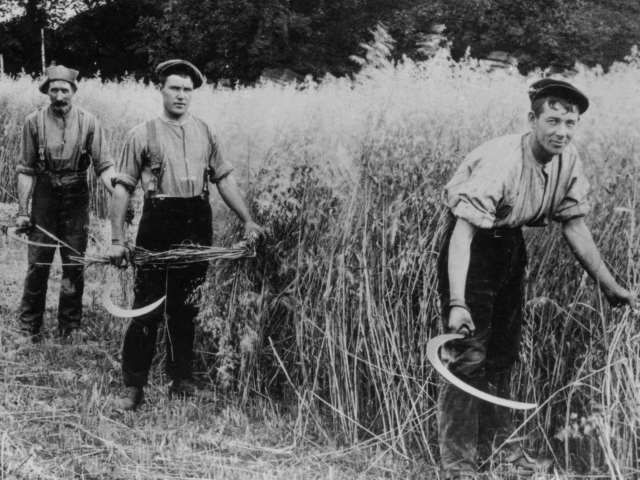
The 1939 Register Ireland
24 May 2019The recently aired Mrs Wilson is a British television series starring and executive produced by Ruth Wilson. Ruth plays the part of her own (real-life) grandmother Alison – a woman who, after the sudden death of her husband Alexander Wilson, discovered that he had an earlier marriage and family. Alexander Wilson was a mercurial...
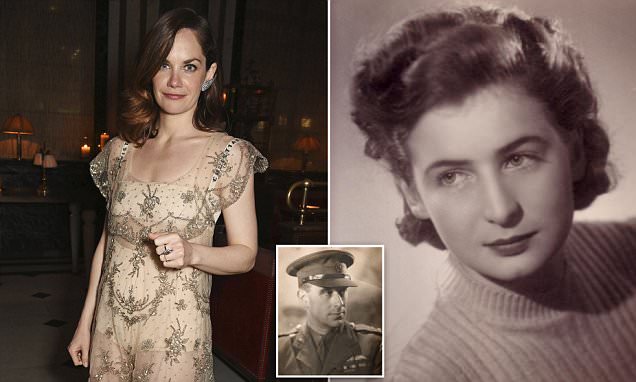
We should all be doubting Thomases
02 May 2019So much of our genealogical searches are now online – providing us with unprecedented access to records. Before the advent of digitisation, we would spend time deciding if a visit to a repository would be worthwhile, or if it would deliver the required result for the effort we put in (not to mention the...

Write it out
12 April 2019I’ve written before about the importance of being organised and focussed in your research to ensure the best results, and also about reviewing material with fresh eyes to try and breakdown research obstacles. This week’s tip is in a similar vein. It is an example of how sometimes the simplest...

Tracing landless labourers in Valuation Records
29 March 2019In Ireland, the number of agricutural labourers fell after 1850. Day labourers and seasonal workers, servant boys and girls were employed to work on the farm. Workers from outside the locality were always cheaper; they came, they went and crucially, as historian Caitriona Clear has written, the farmer didn’t have...
